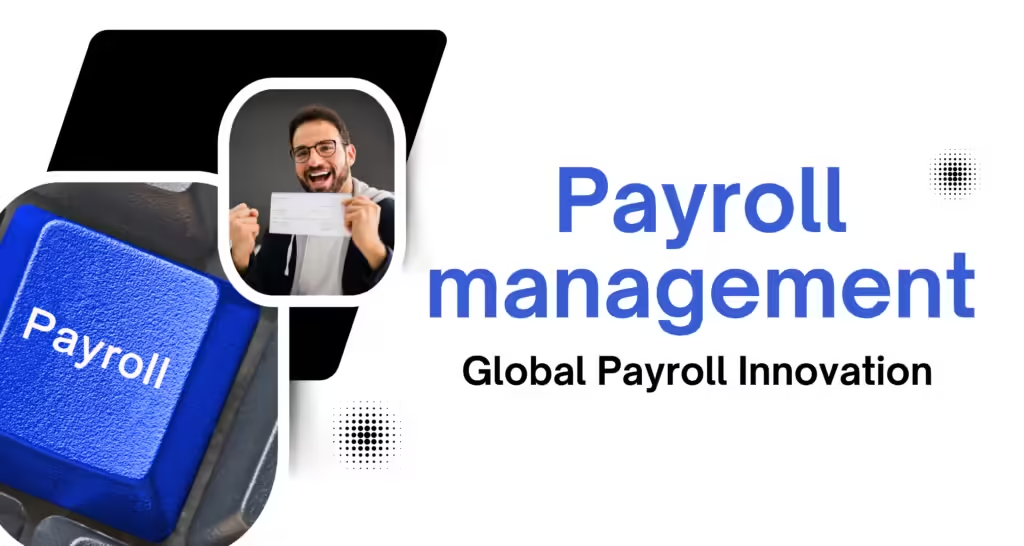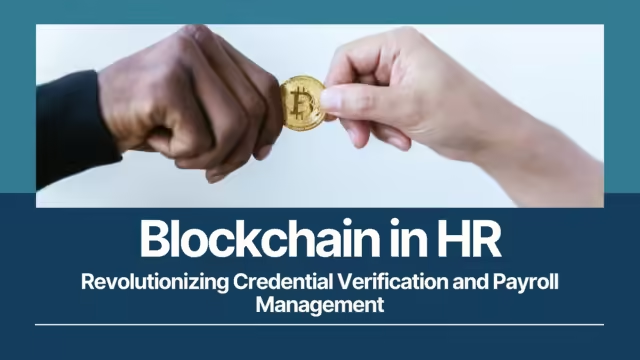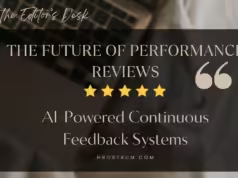Blockchain Revolution in HR
The integration of blockchain technology into human resources marks a paradigm shift in how organizations manage critical employee data and processes. While blockchain gained fame through cryptocurrencies, its potential to transform HR operations extends far beyond financial transactions. At its core, blockchain offers what HR professionals have long sought: transparency, security, and immutability of records.
Transforming Credential Verification
The traditional credential verification process has long been a bottleneck in recruitment, often involving lengthy background checks and manual verification of educational certificates. Blockchain technology is fundamentally changing this landscape by creating permanent, tamper-proof digital records of educational and professional credentials.
Key advantages of blockchain-based verification include:
- Instant verification of credentials
- Elimination of certificate fraud
- Reduced administrative overhead
- Real-time update of qualifications
Organizations implementing blockchain-based credential systems report up to 60% reduction in verification time and significant cost savings in their recruitment processes.

Streamlining Payroll Management
The payroll landscape is experiencing a revolutionary transformation through blockchain integration. Traditional payroll systems, often plagued by delays and cross-border complications, are giving way to more efficient blockchain-based solutions. This technology enables instant, secure, and transparent payment processing, particularly beneficial for organizations with global workforces.
Global Payroll Innovation
International payroll management has traditionally been complex, involving multiple banks, currencies, and regulatory frameworks. Blockchain simplifies this through:
- Smart contracts for automated payments
- Real-time currency conversion
- Reduced transaction fees
- Transparent payment tracking
Employee Data Security and Privacy
In an era where data breaches make headlines regularly, blockchain offers unprecedented security for sensitive employee information. The decentralized nature of blockchain creates an inherently secure environment for storing and managing personal data.
Important security features include:
- Encrypted data storage
- Immutable audit trails
- Controlled access mechanisms
- GDPR compliance capabilities
Implementation Challenges and Solutions
While the benefits are clear, organizations face several challenges when implementing blockchain solutions in HR:
Technical Infrastructure
The transition requires significant technological infrastructure and expertise. Organizations are addressing this through:
- Phased implementation approaches
- Partnership with blockchain service providers
- Employee training programs
- Pilot program testing
Cost Considerations
Initial implementation costs can be substantial, but the long-term benefits often justify the investment. Organizations typically see ROI through:
- Reduced administrative costs
- Decreased fraud incidents
- Improved process efficiency
- Enhanced data security
Future Implications
The future of blockchain in HR extends beyond credential verification and payroll. Emerging applications include:
Smart Contracts for Employment Smart contracts are revolutionizing how employment agreements are managed and executed. These self-executing contracts automatically enforce terms and conditions, ensuring compliance and reducing administrative burden.
Performance Management Blockchain technology enables the creation of immutable performance records, providing a transparent and fair basis for career progression and compensation decisions.
Best Practices for Implementation
Organizations considering blockchain implementation should focus on:
- Strategic Planning Build a comprehensive implementation strategy that aligns with organizational goals and capabilities. This includes:
- Clear objective setting
- Stakeholder engagement
- Resource allocation planning
- Risk assessment
- Change Management Successful implementation requires effective change management through:
- Communication strategies
- Training programs
- Feedback mechanisms
- Support systems
Conclusion
Blockchain technology represents more than just a technological upgrade for HR processes—it’s a fundamental shift in how organizations manage human capital. As the technology matures and becomes more accessible, organizations that embrace blockchain solutions will gain significant advantages in efficiency, security, and employee trust.
The journey toward blockchain integration in HR may seem daunting, but the potential benefits far outweigh the initial challenges. Organizations that start planning and implementing these solutions now will be well-positioned to lead in the evolving digital HR landscape.
For more articles on Technology in HR, click here
Follow us on LinkedIn here
Share your blockchain implementation experiences or learn more about HR technology innovations by contacting editor@hrostrum.com










